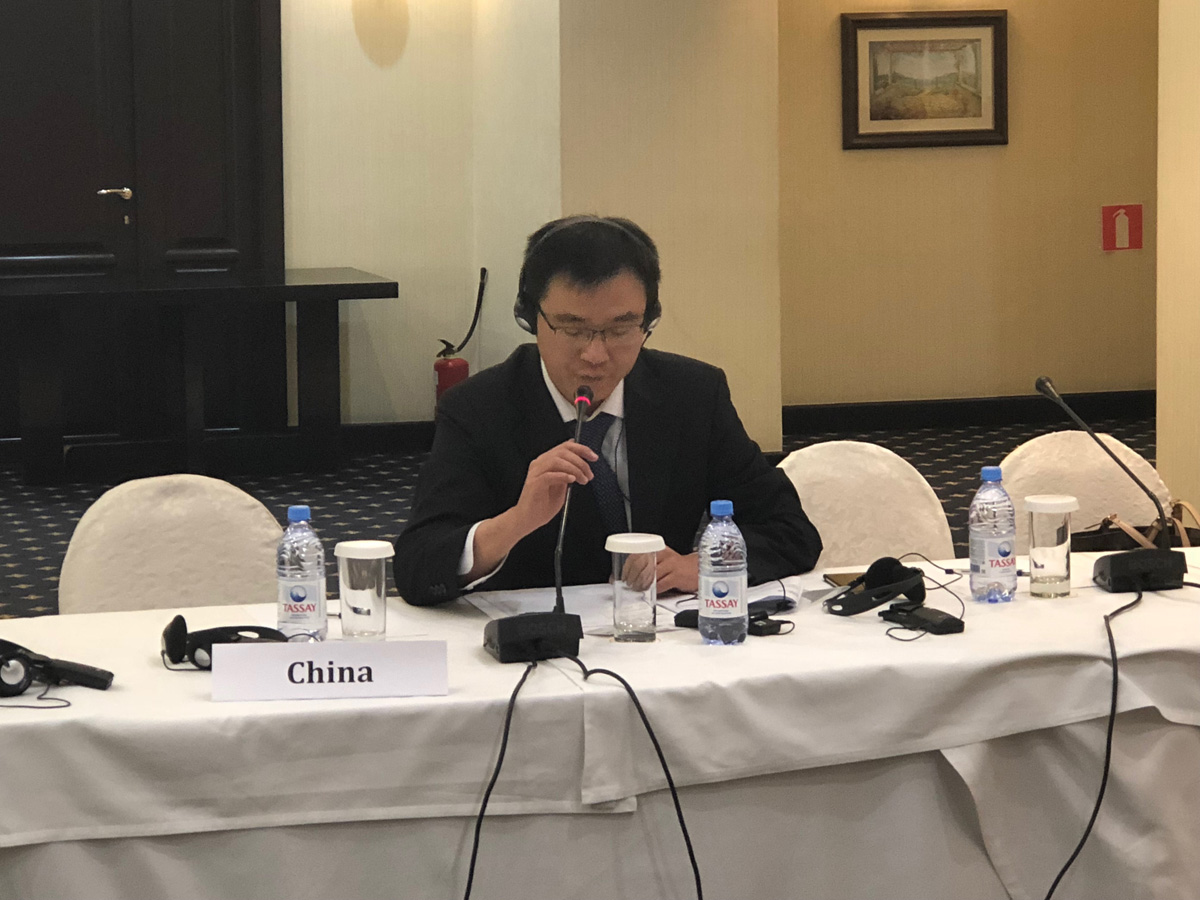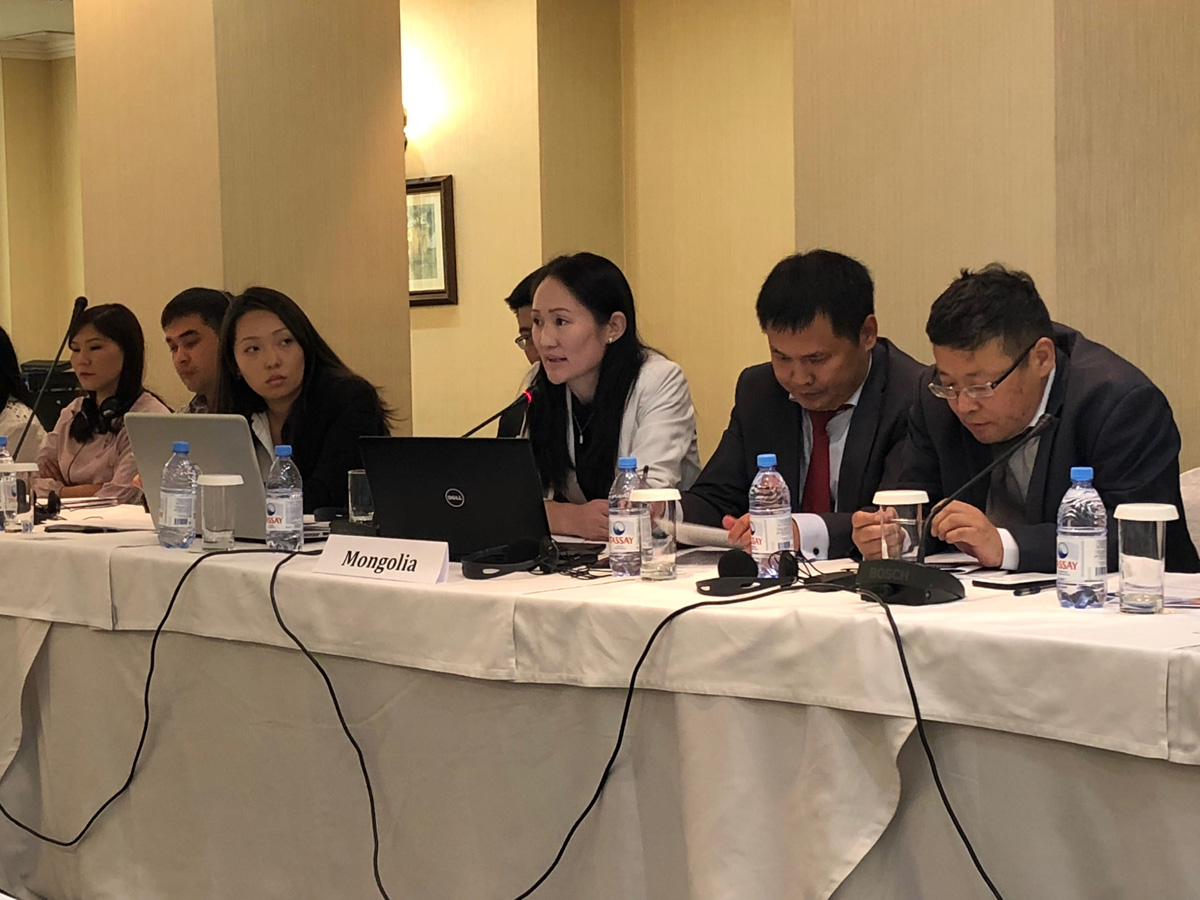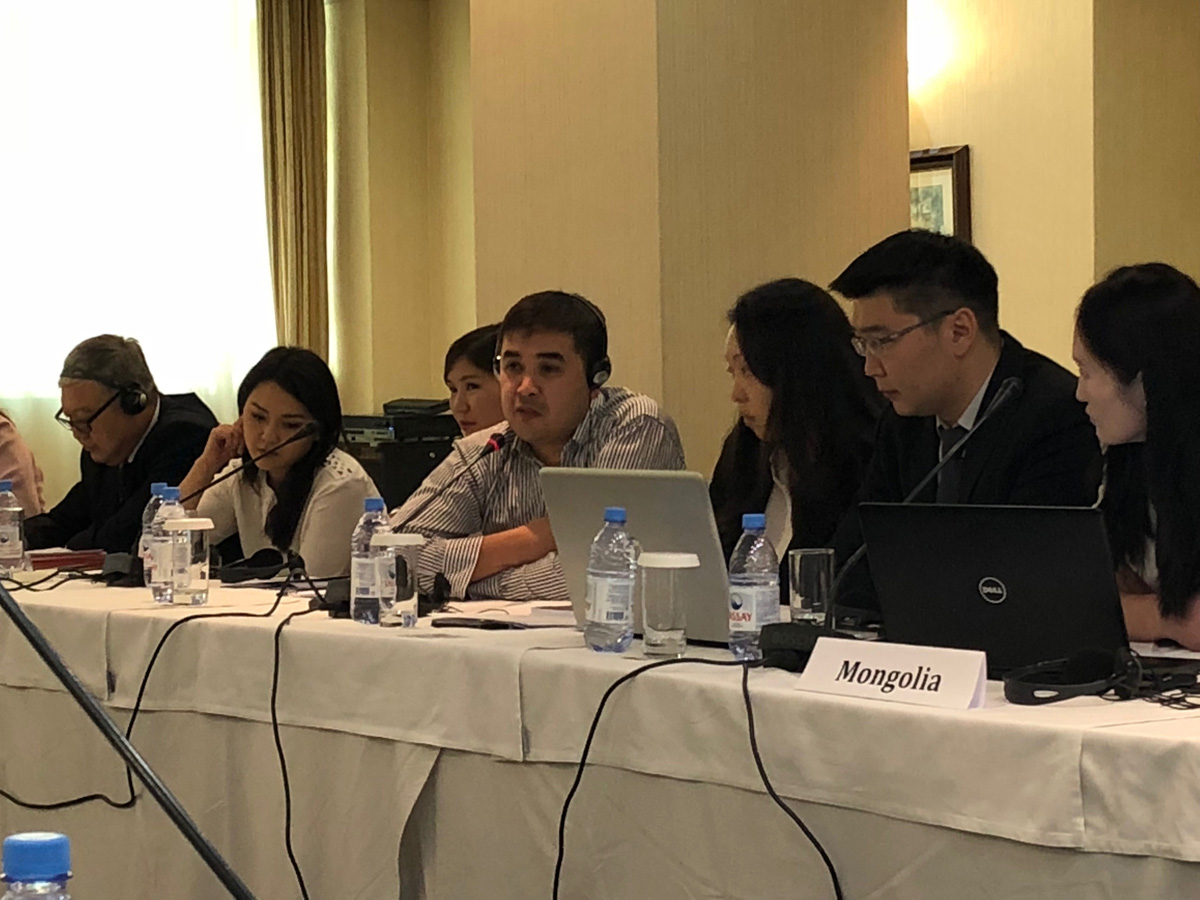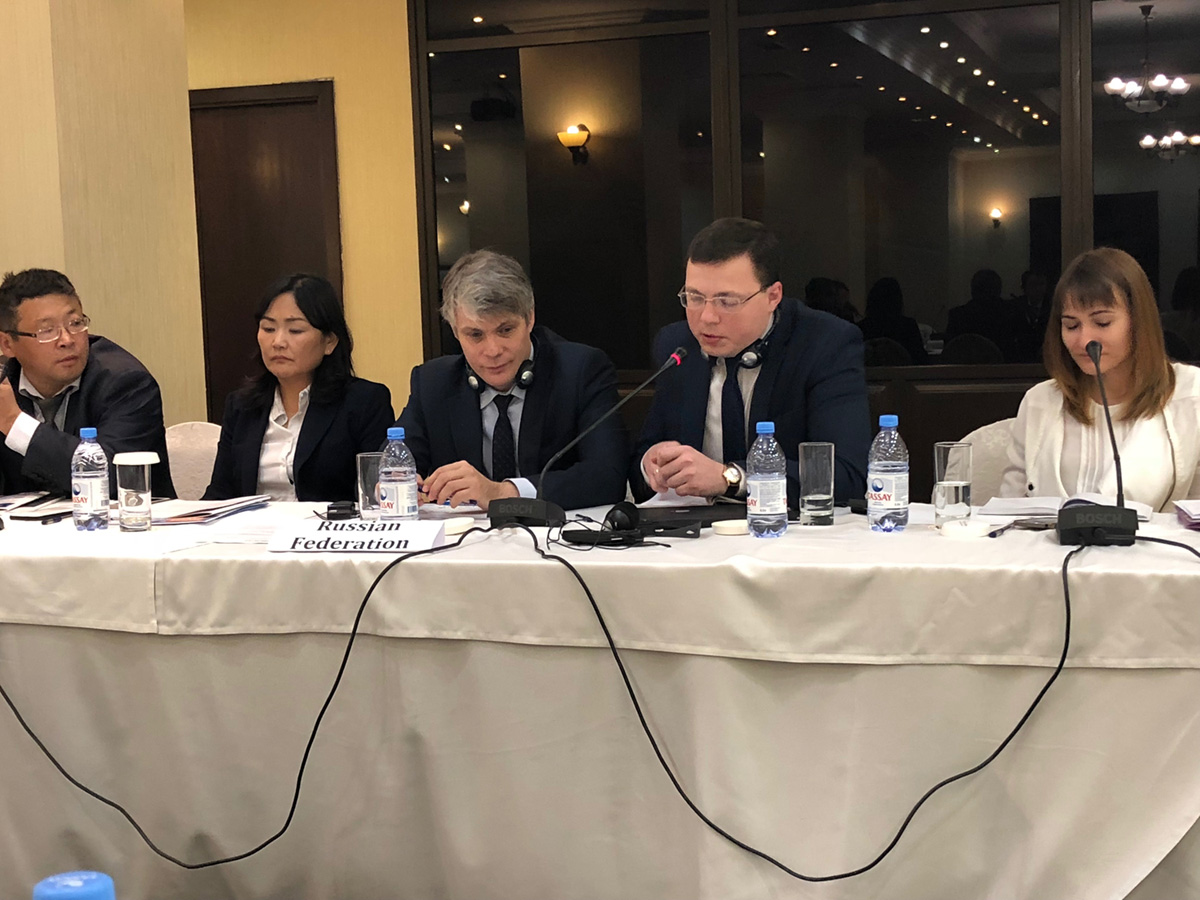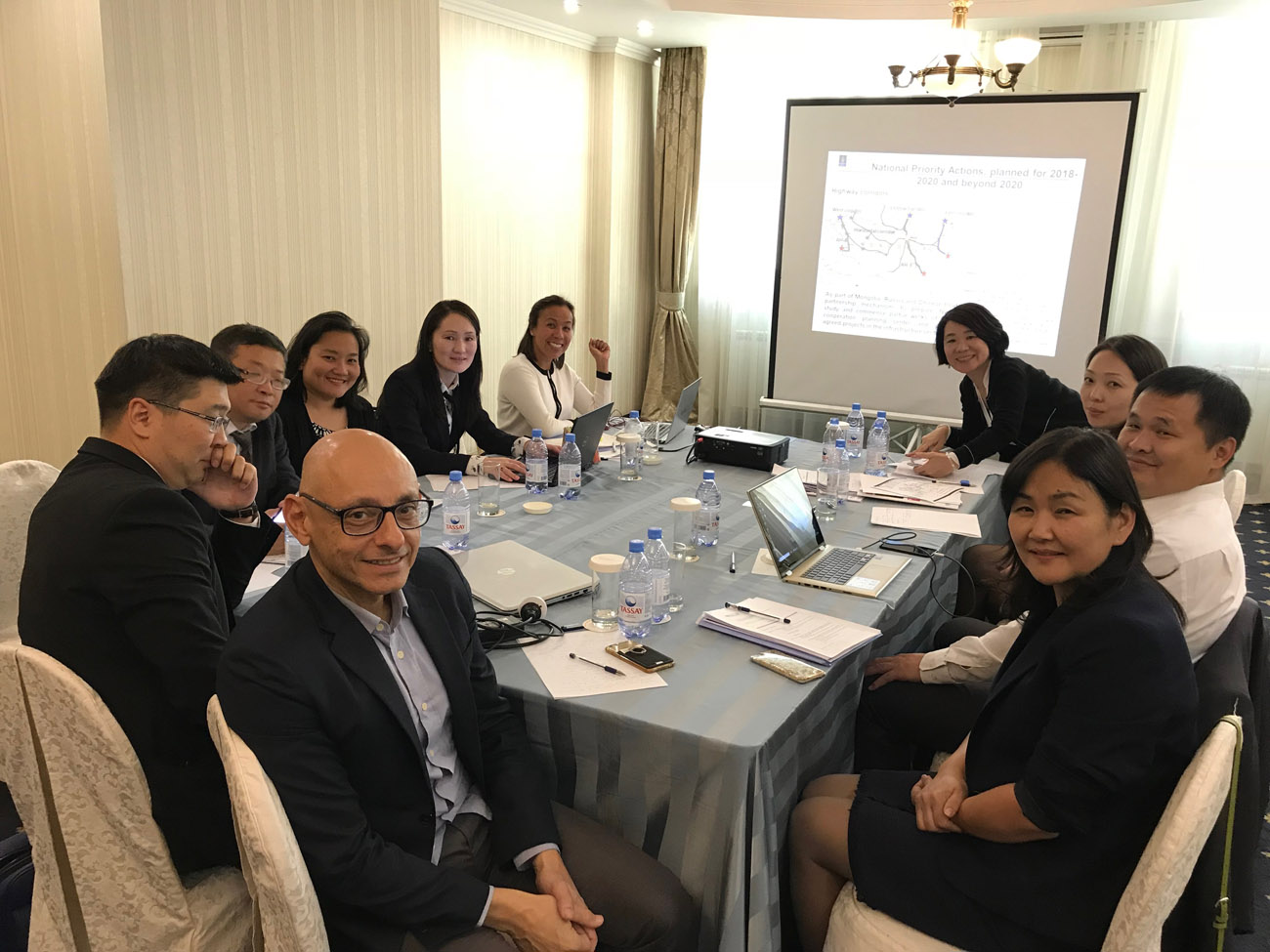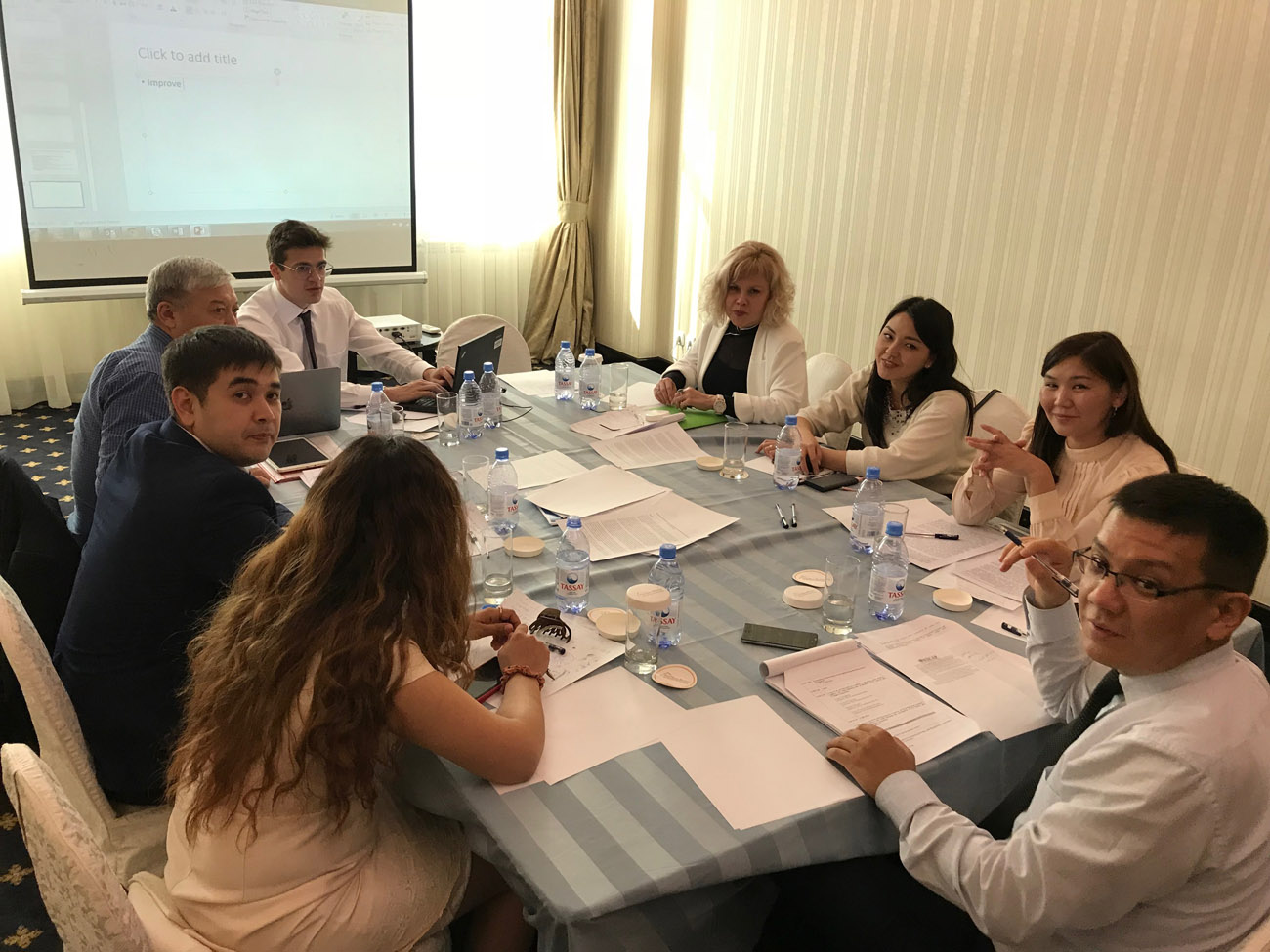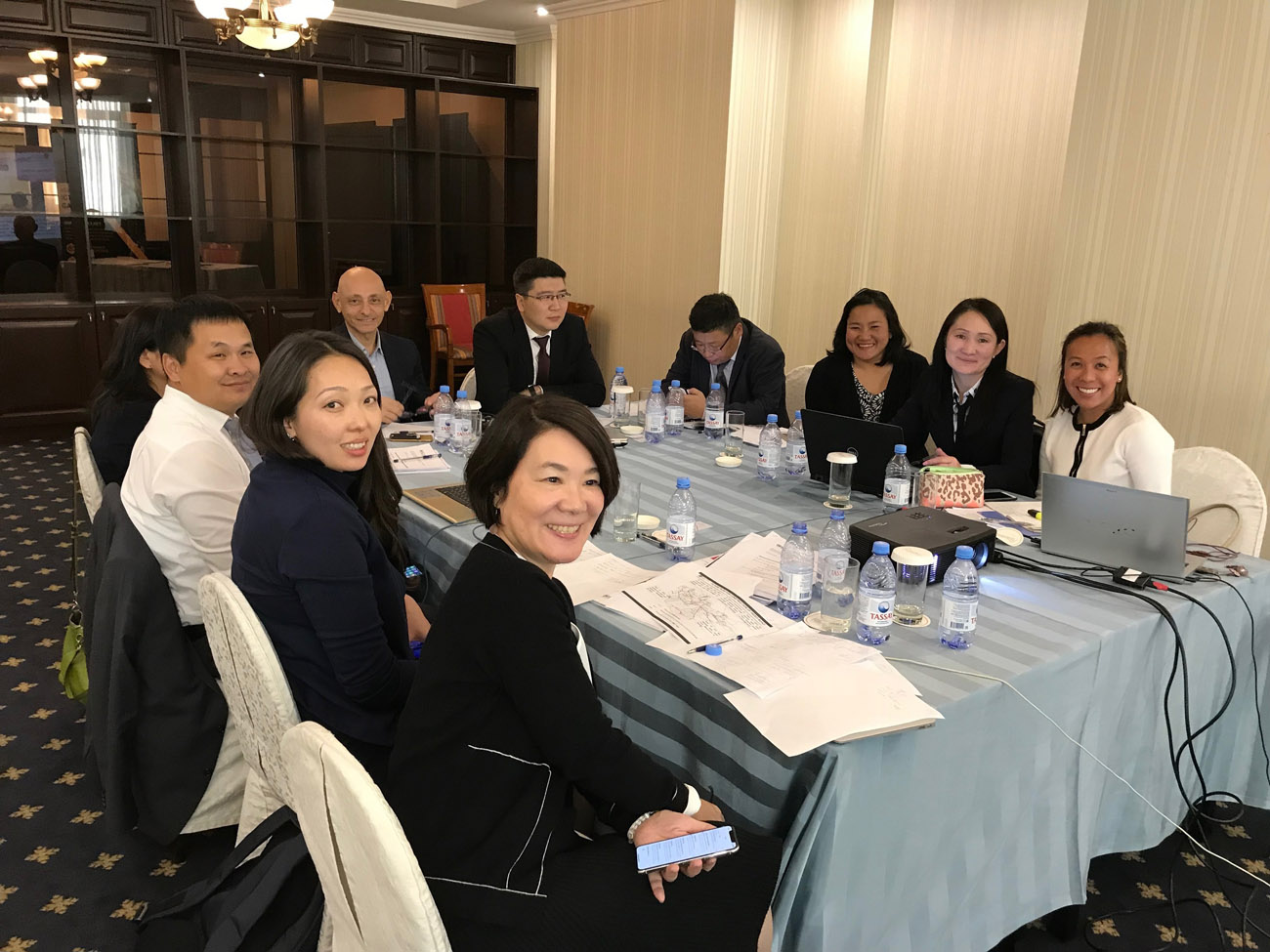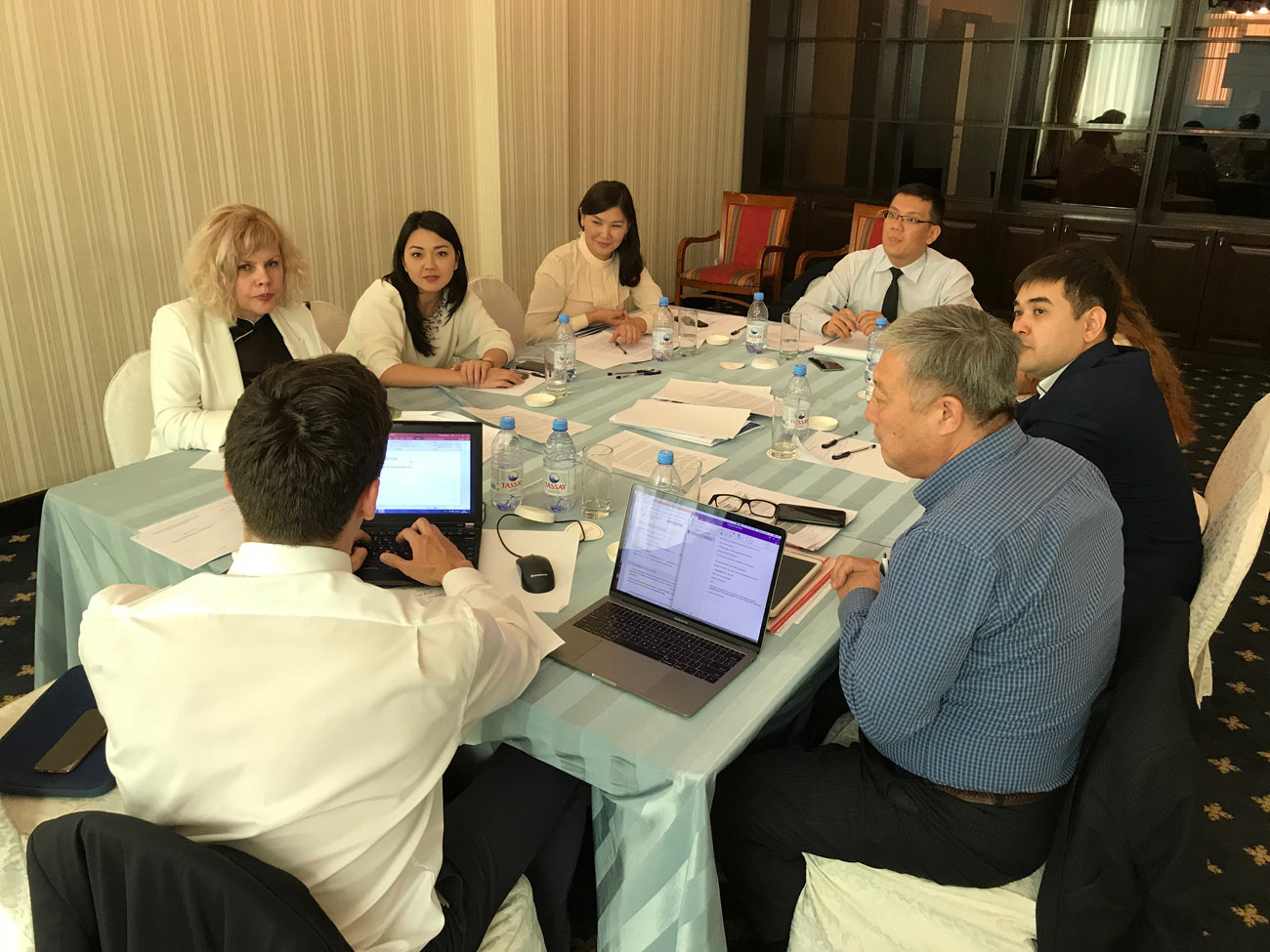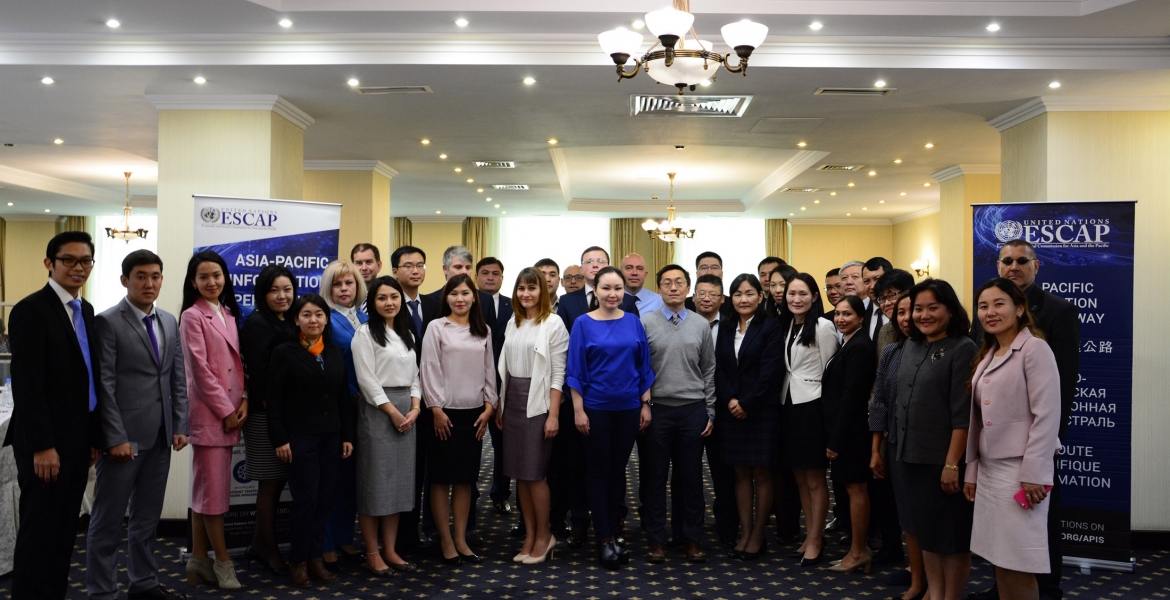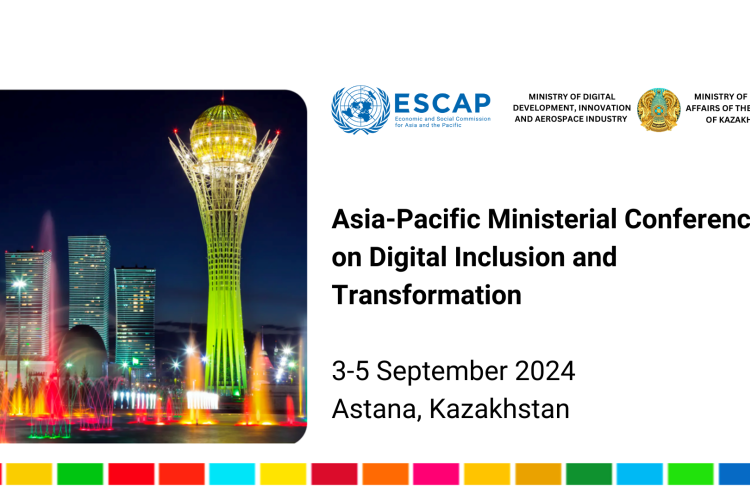Development Account Project on Addressing the Transboundary Dimensions of the 2030 Agenda through Regional Economic Cooperation and Integration in Asia and the Pacific: Subregional Inception Meeting
Trans-boundary infrastructure development in energy, ICT, and transport sectors is critical for improving regional economic cooperation and integration across Asia and the Pacific and is vital for socioeconomic development of landlocked developing countries. However, such development faces many challenges including the need to mobilize substantial financial resources, address potentially damaging impacts of natural disasters and ensure the principle of “no one left behind”.
The United Nations Economic and Social Commission for Asia and the Pacific (ESCAP) is implementing a development account project entitled “Addressing the Transboundary Dimensions of the 2030 Agenda through Regional Economic Cooperation and Integration in Asia and the Pacific”, which aims at raising awareness and strengthening capacity of selected countries to integrate social inclusion, disaster risk reduction measures, and appropriate financing options when it comes to designing and implementing policies to develop trans-boundary infrastructure connectivity. The project’s target countries are Kazakhstan, Kyrgyzstan, and Mongolia, while other participating countries include China and the Russian Federation. The project will undertake a number of targeted activities including conducting subregional and national needs assessments, feasibility studies, developing guidelines and training materials and organizing workshops for the participating Government officials.
As initial step of the project, ESCAP organized the Subregional Inception Meeting from 2-4 October 2018 in Almaty, Kazakhstan, to introduce the project ideas, review the proposed project activities to align national priorities and needs, and take stock of progress and development in the energy, ICT, transport and other relevant sectors in the project countries. The meeting was attended by representatives from relevant ministries and government agencies, and sessions of the meeting involved extensive sharing of knowledge and discussion on proposed future activities for the project as well as subregional and national development priorities and needs for infrastructure development, opportunities for infrastructure co-deployment, integrating social inclusion and disaster resilience dimensions into infrastructure development, and viable infrastructure financing modalities for the subregion.
To download meeting documents, please visit https://www.unescap.org/events/development-account-project-addressing-transboundary-dimensions-2030-agenda-through-regional


